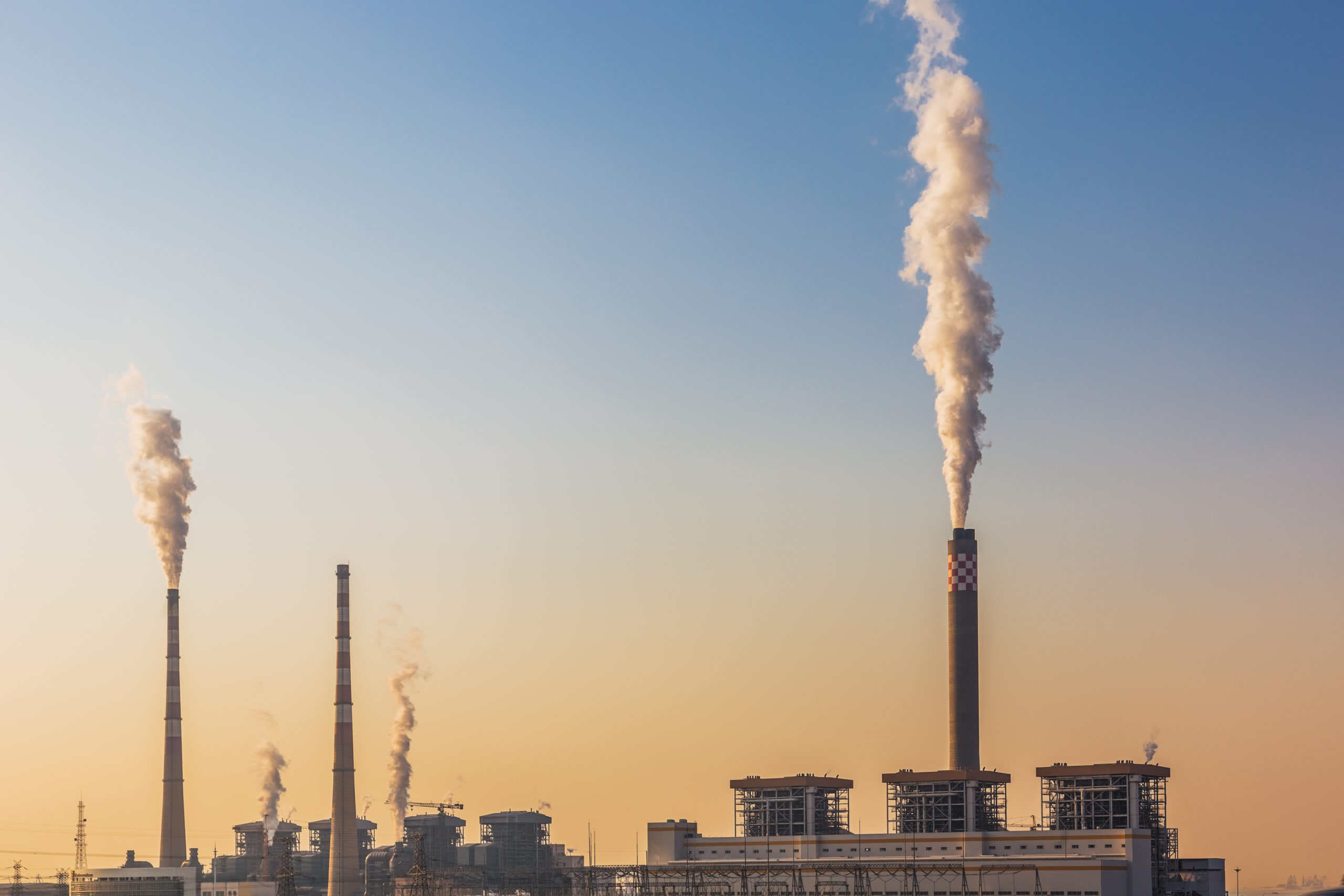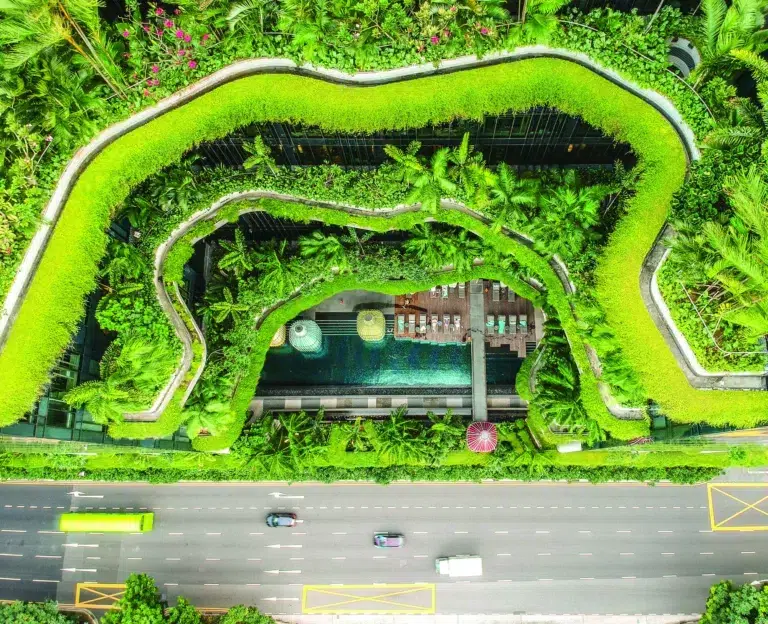News roundup: China’s CO2 emissions fall but coal investments remain, and other stories

For PropertyGuru’s news roundup, China’s carbon dioxide emissions fell for the first time after pandemic restrictions, but the country continues to invest in coal. In other updates, illegal short-term stays in Singapore are still offered on rental platform Airbnb, while the Philippines’ Baguio is using technology to become a smart city.
China’s emissions fall as renewable energy capacity expands, but coal investments blight carbon outlook
China’s carbon dioxide emissions fell in March for the first time since its economy reopened after pandemic restrictions, suggesting the country’s emissions may have peaked, according to a new analysis.
The March drop was the result of expanding renewable capacity, which covered almost all the growth in electricity demand, and a major slump in construction activity.
If renewable capacity continues to grow at record levels, China’s emissions may have peaked in 2023, according to the analysis by Lauri Myllyvirta of the Centre for Research on Energy and Clean Air, as reported in HKFP.
Power sector emissions stabilised due to increases in solar and wind generation, while steel production dropped eight percent and cement production slumped a massive 22 percent on-year.
However, China’s emissions track remains uncertain, with differing views on whether the renewable installation rate will grow or slow.
China continues to invest in coal, and while growth in coal capacity slowed slightly in the first quarter of the year, a significant number of power plants remain in the pipeline.
Airbnb hosts in Singapore still offering illegal short-term stays
Illegal short-term stays in Singapore are still being offered on rental platform Airbnb, checks by CNA have found.
Short-term rentals of less than three months for private properties and less than six months for Housing Board (HDB) flats are not allowed under the law.
A woman was fined more than SGD175,000 on 27th May for selling short-term stays at three units to Airbnb guests for almost three years.
Despite the law banning such rentals, CNA reports more than 15 Airbnb listings in Singapore offering short-term stays in condominiums and HDB flats.
A number of these listings have been active for months, with one having dozens of reviews from previous guests. Most claimed to be “authorised serviced apartments” on their listings.
According to the Urban Redevelopment Authority (URA), serviced apartments must be rented out for a minimum of seven days. Those approached by CNA on Airbnb offered shorter stays of two or three nights.
In response to CNA’s queries, URA said on 31st May that the listings on online platforms “may provide an indication that certain private properties are being misused”.
Philippines’ Baguio City turns to data science, AI to support smart city objectives
The city government of Baguio said it is implementing Project MINERVA (Monitoring of Indicators for Efficient Redevelopment and Value Assessment) to address urban decay and promote smart city development.
“With the project’s ultimate goal of driving predictions and monitoring models for air quality, water quality, urban mobility, and tourism management, we’re able to use technology to advance our goal of becoming a truly smart city by 2027,” Baguio City Mayor Benjamin B. Magalong said during a turnover ceremony on 15th April, according to BusinessWorld.
Mr. Magalong referenced a 2019 National Economic and Development Authority (NEDA) commissioned study on urban carrying capacity, which identified urban decay in the city. The study warned that if not addressed within 25 years, the effects would be irreversible. Urban decay refers to the city regressing to a lack of employment opportunities, infrastructure, and resources.
In 2014, the World Health Organization rated Baguio’s air, which had 49 micrograms of particulate matter (PM) per cubic meter, as the most polluted air in the Philippines.
Mr. Magalong said Baguio was the first city in the country to commit to reducing its carbon, greenhouse, and gas emissions by as much as 50 percent by 2050.
The Property Report editors wrote this article. For more information, email: [email protected].
Recommended
6 green real estate projects reshaping Asia’s future
Developers are being incentivised to push a green agenda into daring new realms
ARES White Paper Volume 3: The era of adaptive reinvention
Pioneering sustainable and innovative practices in urban development
ARES White Paper Volume 2: Unravelling the power of data revolution in real estate
Insights on proptech, smart cities, and sustainable development
ARES Digital White Paper Volume 1: The fundamentals of responsible building
Green and climate heroes join forces to discuss how Asia Pacific can weather the current environmental crises and the looming effects of climate change






